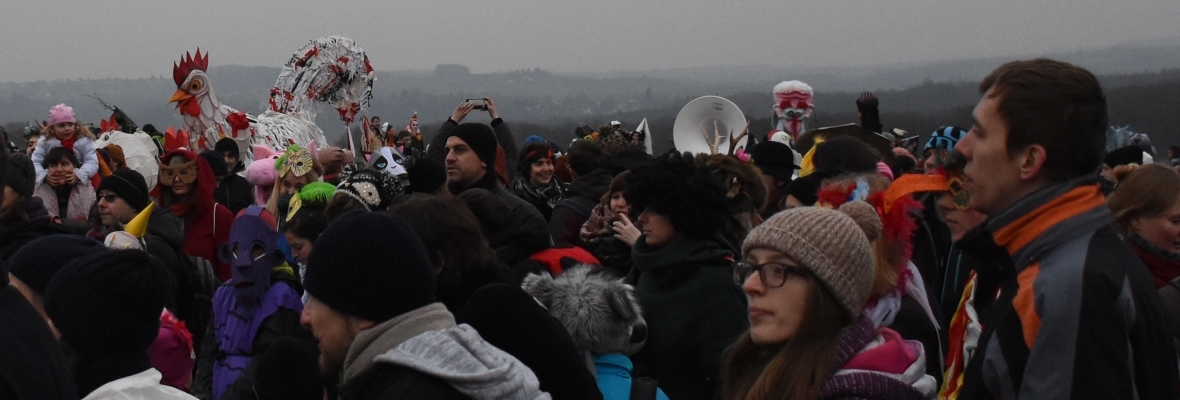
Frontal Comparison Inside Out: Feeding (Game) Animals in Europe and Siberia
Frontal Comparison Inside Out: Feeding (Game) Animals in Europe and Siberia
Mon Feb 17 09:55:57 CET 2025

Luděk Brož at Siberian Studies Seminar
We are pleased to announce that our colleague, Luděk Brož, will give a talk at the next meeting of the Siberian Studies Seminar (2024-2025), organized by Dmitriy Oparin (UMR Passages) and Virginie Vaté (GSRL) in Paris. This talk will give information about the practices of Czech hunters and how their feeding habits challenge traditional hunting norms, shedding light on broader implications for wildlife management and cultural comparisons.
Event Details:
- Date: Wednesday, 19 th February 2025
- Time: 2:00 PM to 4:00 PM (CET)
- Location: Bâtiment de recherche nord, room 5.067 (5th Floor)
- Address: 8 Cr des Humanités, 93300 Aubervilliers, Paris, France
- LINK for online connection: https://us06web.zoom.us/j/86556387320?pwd=YOPbGxaQI81tIKSeHjiaxeqPfkjrzt.1
Abstract
In many parts of the world hunting is understood as capture and killing of free roaming wild animals that are, up to the moment they are hunted, self-sufficiently living of the land. In contrast to that ideal, game animals in the Czech Republic are regularly fed by hunters, which is not only a common practice but in the ‘time of need’ even legal requirement. Exploring why, how, when and where Czech hunters deliver feed to their (potential) prey I will demonstrate how my inquiry is formated by my long-term ethnographic experience with studying hunting practices in South-West Siberia (Altai Republic). I will argue that in developing a second fieldsite ‘at home’, an increasingly common scenario among international scholars of Siberia, we turn what Candea coined ‘frontal comparison’ inside out. Benefiting from insights of the Siberian studies audience, I hope to reflect on methodological, epistemic and possibly even ethical consequences of this u-turn of comparative nexus.

